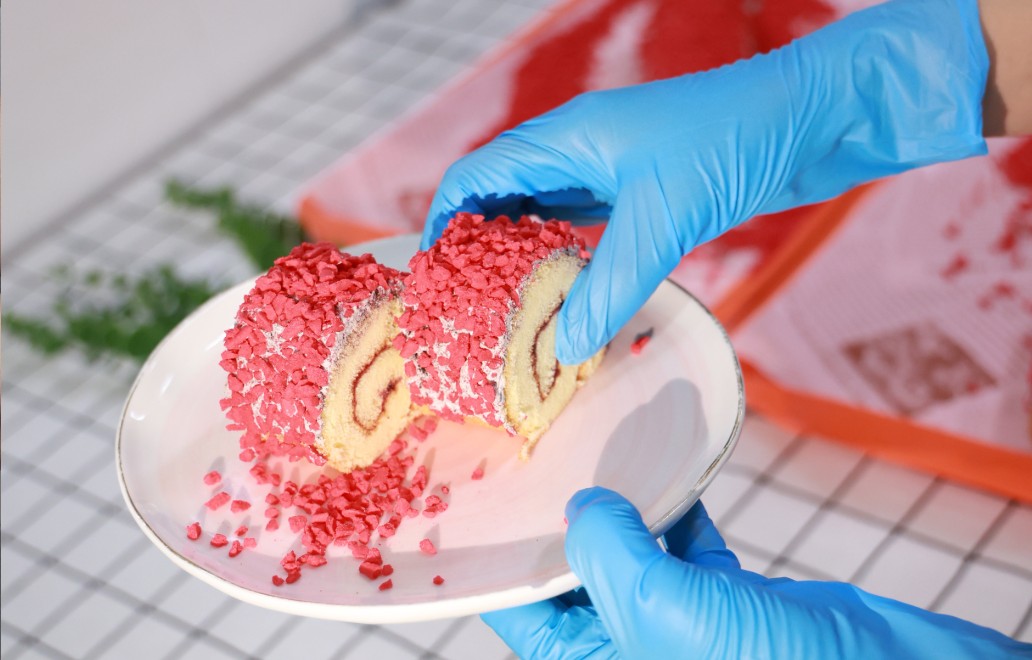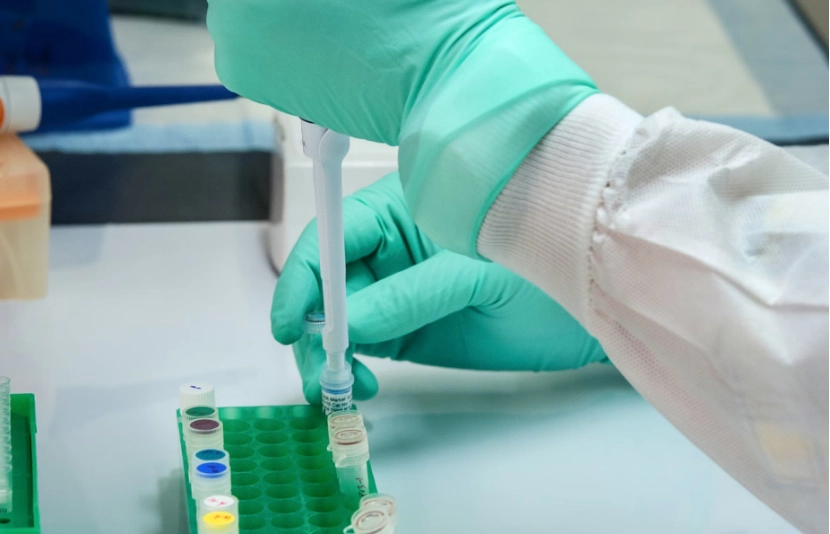Glove products
Chemical Splash Survival Guide: How Nitrile Gloves Prevent Workplace Injuries
Why Chemical-Resistant Gloves Are Non-Negotiable in Hazardous Workplaces
The Hidden Dangers of Chemical Exposure at Work
Exposure to chemicals at work poses a grave threat. It results in countless injuries annually. Splashes from chemicals can cause scalds, skin inflammation, and even persistent health troubles. In lab settings, scientists manage acids and solvents that can damage skin rapidly. Factories often employ potent cleaners and degreasers. These irritate or burn the skin. Staff in chemical-handling fields face risky materials daily. This heightens their vulnerability. Without adequate safeguards, touching these substances can lead to serious harm. Thus, chemical-resistant disposable nitrile gloves have become vital.
How Skin Absorption of Toxins Leads to Long-Term Health Risks
Many substances can seep through the skin. This leads to lasting health woes. Solvents like benzene and toluene soak in quickly. They can trigger ongoing ailments, such as nerve harm. Acids and strong cleaners weaken skin defenses. This raises the odds of infections and widespread poisoning. Gloves act as the primary shield against these perils. Top-notch disposable nitrile gloves chemical resistance offer a sturdy barrier. It blocks direct contact with dangerous materials. Consequently, it lowers the chance of toxin absorption.
Nitrile Gloves: The Gold Standard for Chemical Resistance
What Chemicals Are Nitrile Gloves Resistant To?
Nitrile gloves are renowned for resisting a broad array of substances. This makes them a top pick in risky work zones. They guard against oils, greases, acids, and various solvents. They boast greater toughness than latex or vinyl gloves. Their ability to withstand fuels and harsh agents keeps workers’ hands safe. Yet, they have limits. Powerful solvents like acetone and ketones can break them down. In such cases, other safeguards are needed. Checking chemical compatibility tables is wise. It ensures the right glove choice for specific substances.
Are All Nitrile Gloves Truly Chemical Resistant?
Not every nitrile glove provides equal defense. Thickness, craftsmanship, and certification levels shape their strength. High-grade gloves, approved under EN ISO374 Type B, deliver excellent resistance to risky materials. Conversely, subpar gloves might lack sufficient protective power. They’re unfit for tough settings. A study compared cheap nitrile gloves to certified chemical-resistant ones. It revealed a clear gap in safety. Workers using premium gloves faced fewer skin injuries.
Choosing the Right Chemical-Resistant Gloves: A Buyer’s Guide
Key Features to Prioritize
When picking chemical-resistant gloves, focus on thickness, approval marks, and grip feel. Quality gloves should measure 8-15 mil thick for solid protection. Standards like ISO374 and ASTM D6319 confirm they meet safety rules. Rough surfaces improve hold. This cuts the risk of slips on slick substances. Disposable nitrile gloves stop cross-contamination. They suit labs, production lines, and heavy cleaning jobs well.
Behind the Scenes: How China’s Factories Lead in Nitrile Glove Innovation
What Makes China a Hub for Chemical-Resistant Glove Production?
China leads globally in nitrile glove crafting. Its cutting-edge plants and affordable innovation drive this. Many China chemical resistant disposable nitrile gloves factories prioritize progress. They churn out top-tier gloves meeting world standards. Producers also weave in green methods. For instance, eco-friendly nitrile mixes cut environmental harm. Yet, they keep up strong protection.
Spotlight on INTCO Medical’s ChemTuff™ Customization Service
INTCO Medical is the largest latex-free disposable gloves manufacturer. INTCO Medical’s ChemTuff™ Disposable Nitrile Gloves blend chemical resistance with nimbleness. Certified under EN ISO 374 Type B, they offer heightened safety against risky substances. Their 60% sleeker surface boosts agility. This makes them perfect for drug-making and machine upkeep. INTCO’s tailoring service lets firms adjust gloves to their exact needs. It ensures a snug fit and peak performance for tough tasks.
Best Practices for Using and Maintaining Chemical-Resistant Gloves
How to Extend Glove Lifespan Without Compromising Safety
Good care boosts glove longevity. Store them away from sunlight and ozone. This prevents material wear. Check them often for holes or thinning. It’s key to maintaining protection. Toss disposable gloves after contamination. This avoids cross-exposure. Reusable ones need thorough washing and drying before reuse.
Real-World Success Stories: Preventing Injuries with the Right Gloves
Case Study: Reducing Chemical Burns in a Pharmaceutical Lab
A drug lab cut chemical burns by 40%. They switched to certified nitrile gloves. Scientists handling solvents and reactive agents saw fewer skin issues. The stronger barrier from premium gloves made the difference.
Lessons from Industrial Spill Responses
Spills in factories show gloves’ value. Workers with proper nitrile gloves managed the leaks safely. They avoided direct contact, dodging harsh burns and toxin uptake. These tales highlight the gloves’ role in emergency plans and staff training.
Your Next Steps: Equip Your Team with Reliable Protection
Securing worker well-being demands top-quality gloves. INTCO Medical’s ChemTuff™ Disposable Nitrile Gloves lead in chemical resistance. They’re built for risky work zones. Want to boost your safety measures? Contact us now for advice or grab a sample. Test the unmatched defense of premium nitrile gloves.






























